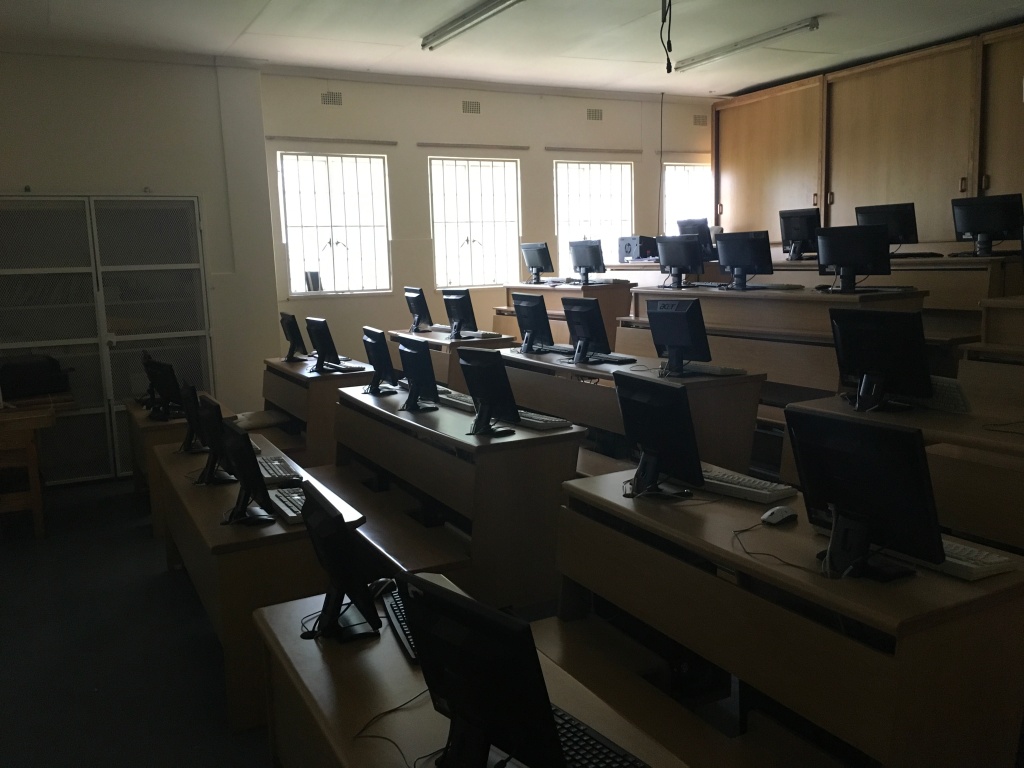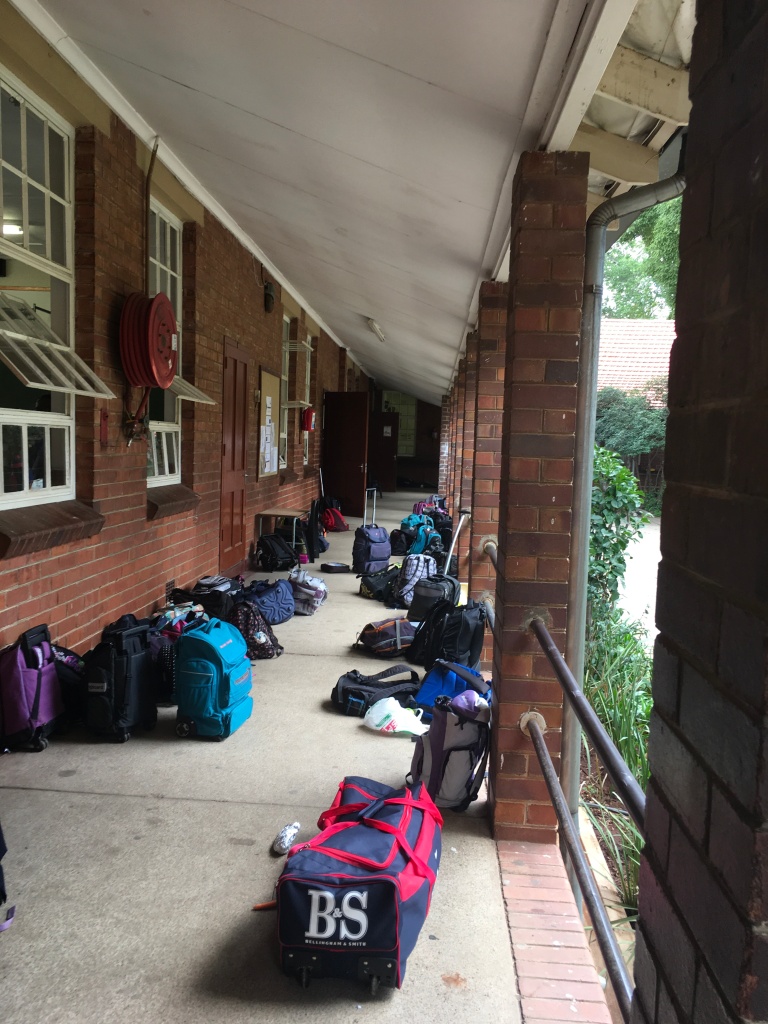This week IEN is posting reflections from Thomas Hatch published initially on ThomasHatch.org. This post is just one of many providing personal reflections (like Larry Cuban’s discussion of his own experiences with the polio epidemic) or providing links and resources for educational activities including those from the New York Times (Coronavirus Resources: Teaching, Learning and Thinking Critically);NPR (Kids Around The World Are Reading NPR’s Coronavirus Comic and Coronavirus And Parenting: What You Need To Know Now); and Unesco. We invite readers to share their experiences and resources with us as well.
What can we do? That’s a question we are all asking right now. For all of us that question begins with what we can do to keep ourselves and those around us safe and healthy. But parents and educators like me are also thinking about what we can do to support our children, students and colleagues as K-12 schools close and classes go online. There are no easy answers, but here are 6 things I’m thinking about to try to deal with the challenges and take advantage of the possibilities:
- Focus on health and wellness. Learning is an important goal, but health and wellness for everyone has to come first. Students will learn the most from the acts of courage and kindness that help keep us all going.

- Suspend Schoolwork. Suspend exams, grades, and any other requirements that may contribute to stress and anxiety – for teachers and parents as well as students. Children and parents need opportunities and guidance for engagement in positive and productive activities, not more reasons to fight over homework or “keeping up.”
- Encourage invention, design, creative expression and meaningful engagement. Instead of trying to figure out how to cover the curriculum, educators can put the syllabi aside and focus on meaningful activities – activities related to important learning goals that might be motivating and interesting for students to do while they are out of school. Instead of creating new demands, concentrate on creating new possibilities:
- Encourage students to keep a weekly diary – in words, pictures or any other media
- create online journals, newspapers and magazines that students can contribute to
- Invite students to share artwork, music, writing, photographs, or videos in an online exhibition
- Stage online “talent shows” for students to share videos they have produced
- Provide links to online resources and tutorials for learning languages, playing an instrument, developing academic abilities or learning other skills and enable students to share their progress

- Connect, connect, connect. Educators are uniquely positioned to provide information and support for their students, particularly those who are struggling the most. We can check-in, ask how they and their families are doing, share the latest news and resources, and help to identify critical needs. Educators can also build relationships and fight isolation by finding and creating opportunities for students to connect with one another as well with adults, particularly those in retirement homes, hospitals or anywhere else people might be disconnected and in distress
- Find new ways to serve the community. Create online community service activities and virtual service projects. My oldest daughter, a senior in college, has been serving as a mentor and had to say goodbye to the elementary student she visited every week, but what if they didn’t have to say goodbye? What if they could stay in touch by text or video even for a short-time every week? With so many students of all ages out of school, we can create online clearinghouses where students – or anyone really – could connect with those looking for mentoring, tutoring, or just conversation. Reach out and partner with parents, those from community centers, after school programs, Americorps programs like City Year and Citizen Schools, museums, and libraries to find and create these activities for students to engage in online. Together educators and these extended programs can work to focus particularly on the students and their families who may be unable to get online or stay connected.
- Embrace collective responsibility. From living in Norway for a year, I learned it is possible both to respect the rights of every individual and cultivate a sense of collective responsibility. There is no more important time for reinforcing our common bonds and recognizing that everything we do has an impact on our neighbors. It could be as simple as inviting children to call their grandparents or extended family once a day or a couple of times a week or just calling down the hall, leaning out the window or talking across the fence. The most profound thing we can do in difficult times can be done anywhere in any circumstances, dedicate ourselves to working with and for each other.
— Thomas Hatch